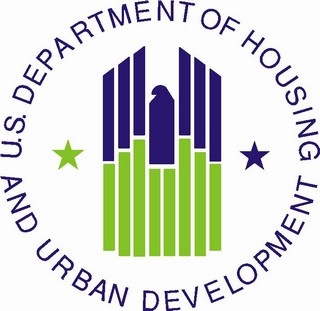Advertisement
HUD Approves Connecticut Disaster Recovery Plan

U.S. Housing & Urban Development (HUD) Secretary Shaun Donovan has announced HUD’s approval of the State of Connecticut’s disaster recovery plan to help homeowners and businesses following Hurricane Sandy. Funded through HUD’s Community Development Block Grant (CDBG) Program, Connecticut’s action plan calls for a nearly $72 million investment in a variety of housing, infrastructure and business recovery activities.
The federal government has been on the ground since Sandy struck and will continue to provide substantial resources and technical assistance until the entire region is rebuilt safer, better and stronger. To date, the Federal Emergency Management Agency (FEMA) has provided $42 million in individual and public assistance in Connecticut.
Donovan, who also chairs President Obama’s Hurricane Sandy Rebuilding Task Force, said today’s approval will allow the State to begin the long-term process of rebuilding damaged housing, restoring infrastructure, and stimulating business activity and job growth.
“Connecticut’s disaster recovery plan will bring $72 million in federal funds to help families and small businesses throughout the state recover and help fill gaps that are not covered by other federal assistance or private insurance,” said Donovan. “We’ve worked closely with Governor Malloy, Senators Blumenthal and Murphy, and the Connecticut Congressional Delegation throughout the entire process to help design effective programs that will help families get back in their homes, jumpstart local economies and make communities more resilient as quickly as possible.”
Governor Dannel P. Malloy said, “This funding will allow us to move forward with our plan to help residents rebuild, get businesses back on their feet and make some of the investments in our infrastructure that are so clearly necessary. Connecticut has experienced more than its fair share of severe weather related events over the last two and a half years. And while we have been through a lot, we know that another storm is inevitable. As we prepare for whatever Mother Nature throws at us next, getting this funding out to communities as quickly as possible will ensure that residents can recover from Storm Sandy and we can begin to make smart investments in our towns and cities.”
“Our HUD staff is committed to working with our Connecticut partners to begin implementing their plan", said Barbara Fields, HUD New England Regional Administrator. “This is the next important step in helping families and communities recover from the devastation of Hurricane Sandy.”
On January 29th, President Obama signed the Disaster Relief Appropriations Act, 2013 into law, providing a total of $16 billion in CDBG Disaster Recovery funding. HUD quickly allocated $5.4 billion to five states (including Connecticut) and New York City. Connecticut submitted its required action plan describing how the funds will be used and HUD conducted an expedited review to enable the State to access these funds as quickly as possible.
The CDBG Disaster Recovery funding gives grantees significant flexibility in determining how best to use their funds to meet the greatest unmet needs. In general, the funds are intended for the restoration of housing and infrastructure as well as economic revitalization in disaster-impacted areas. The funds are to meet recovery needs that are not otherwise covered by other federal assistance, private insurance, or other sources.
Connecticut’s approach will focus principally on meeting the immediate recovery needs for housing and business assistance in the communities affected by Hurricane Sandy. These activities include $56 million to support a variety of housing programs; $4 million to assist economic revitalization programs; and $6.2 million for infrastructure and public service programs.
About the author




